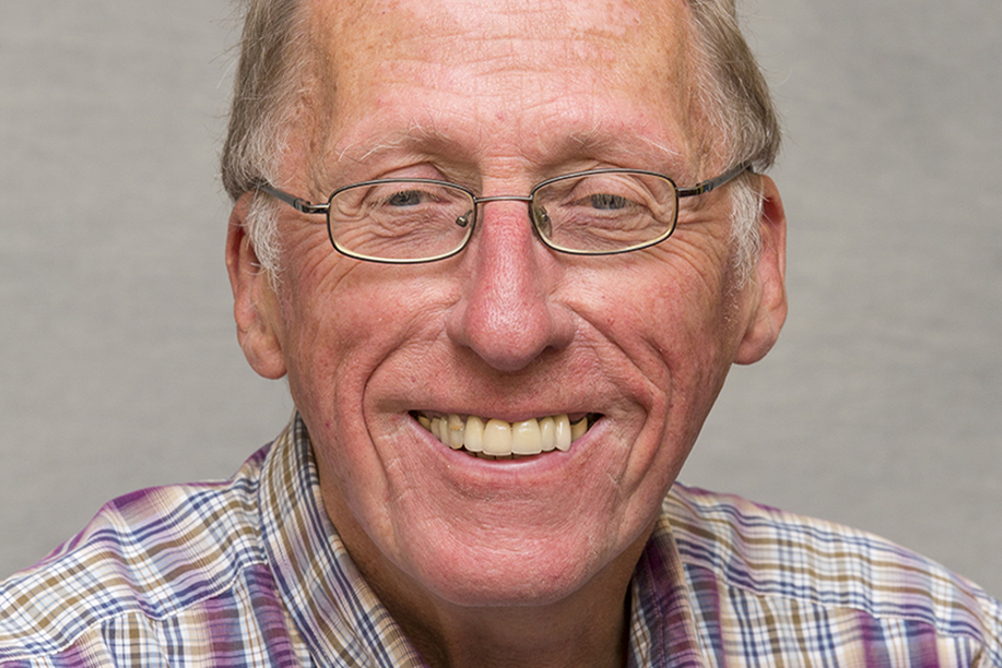
Last Thursday the Department for Education (DfE) issued a press release headed ‘England joins new study to improve children’s early development’. England, it announced, is to participate in a new cross-national assessment of five-year-olds, the ‘International Early Learning and Child Well-being Study’ (IELS), organised by the Organisation for Economic Cooperation and Development (OECD), with participating countries organising the collection of data to a common format.
Modelled on OECD’s well-known international assessment of 15-year-olds, the Programme for International Student Assessment (PISA), the IELS will assess four learning ‘domains’ (emerging literacy, emerging numeracy, self-regulation, and empathy and trust) using tablets, each domain taking approximately 15 minutes. Additional information will be gathered from parents and staff through written and online questionnaires.
Register now to continue reading
Thank you for visiting Nursery World and making use of our archive of more than 35,000 expert features, subject guides, case studies and policy updates. Why not register today and enjoy the following great benefits:
What's included
-
Free access to 4 subscriber-only articles per month
-
Unlimited access to news and opinion
-
Email newsletter providing activity ideas, best practice and breaking news
Already have an account? Sign in here
